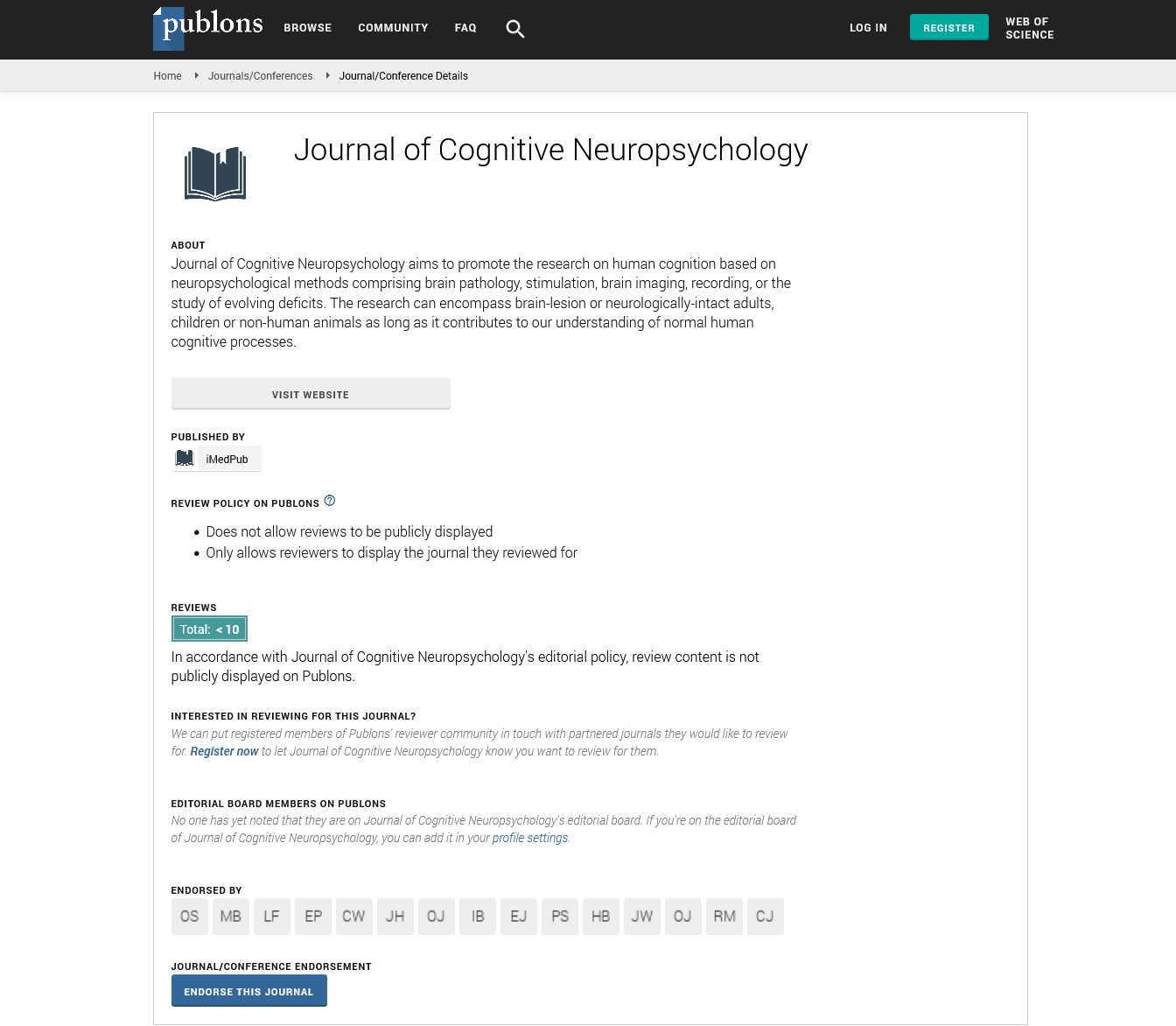Abstract
A clinical trial to evaluate the comparative efficacy of cognium syrup with standard behavioral therapy vis-a-vis standard behavioral therapy alone in children with AttentionDeficit Hyperactivity Disorder (ADHD)
ADHD is a common neurobehavioral disorder affecting children across different settings with significant limitations in functioning. According to the CDC, the recommended treatment for ADHD is a combination of medication and behavioral therapy. However, pharmacological entities available have potential adverse effects. Therefore, herbal formulations with extensively researched ingredients such as Bacopa monnieri and Centella asiatica with proven efficacy, tolerability and safety profile are gaining more popularity over conventional drugs in treatment of ADHD.
Methodology & Theoretical Orientation:
This randomized, comparative, 16-week study was conducted to compare the efficacy of cognium syrup and standard behavioral therapy vis-a-vis standard behavioral therapy alone, in school children of 6-14 years of age with ADHD. A total of 76 children were enrolled as per the DSM- IV criteria for ADHD. Enrolled patients were divided into two groups. Children in Group-A were given cognium syrup along with standard behavioral therapy and those in Group-B received standard behavioral therapy only. Efficacy was measured by improvement in total symptom score, average performance score and by physician’s global assessment.
Findings:
Treatment with cognium syrup led to uniform improvement in all parameters. The total symptom score significantly decreased in 96.6% patients in Group-A compared to 46.6% in Group-B. The average performance score for functional impairment significantly improved in 80% patients in Group-A and 36.66% patients in Group-B. Cognium syrup was well tolerated with good patient compliance.
Conclusion & Significance.
Cognium syrup demonstrated significant improvement in ADHD core symptoms-inattention, hyperactivity and impulsiveness. This study therefore confirms that cognium syrup along with standard behavioral therapy proved more efficacious than behavioral therapy alone in the management of ADHD in children. Herbal formulations can offer a valuable alternative to current drug therapy for the management of ADHD.
Author(s): Vijay Warad
Abstract | PDF
Share This Article
Google Scholar citation report
Citations : 8
Journal of Cognitive Neuropsychology received 8 citations as per Google Scholar report
Journal of Cognitive Neuropsychology peer review process verified at publons
Abstracted/Indexed in
- Google Scholar
- Publons
- MIAR
Open Access Journals
- Aquaculture & Veterinary Science
- Chemistry & Chemical Sciences
- Clinical Sciences
- Engineering
- General Science
- Genetics & Molecular Biology
- Health Care & Nursing
- Immunology & Microbiology
- Materials Science
- Mathematics & Physics
- Medical Sciences
- Neurology & Psychiatry
- Oncology & Cancer Science
- Pharmaceutical Sciences
